Possessive adjectives in French
Let's have a look at the possessive adjectives in French
What are possessive adjectives?
The word “my” is called a possessive adjective. It’s used to show that something belongs to you.
In English, there is only one way to say “my”, and that’s, well, “my”.
my son
my daughter
my car
my house
my imagination
my decision
How do you say "my" in French?
In French, there are three different ways to say my: a masculine version, a feminine version and a plural version
Masculine – mon
Feminine – ma
Plural – mes
The pronunciation of the word “mon” is “mon(g)”.
The pronunciation of the word “ma” is “mah”.
The pronunciation of the word “mes” is “meh”.
So, “mon”, “ma” and “mes” are possessive adjectives, meaning they are the words for “my” in French. The version you use depends on whether the noun it goes in front of is a masculine noun, a feminine noun or a plural noun. If it’s plural, it doesn’t matter whether it’s masculine or feminine; you simply use “mes”.
You put the word “mon” in front of nouns that are masculine and singular, you put the word “ma” in front of nouns that are feminine and singular. You put “mes” in front of nouns that are plural.
Here are some examples:
mon café – my coffee
mon thé – my tea
mon fils – my son
mon stylo – my pen
ma maison – my house
ma voiture – my car
ma sœur – my sister
ma réservation – my reservation
mes enfants – my children
mes amis – my friends
mes clés – my keys
mes parents – my parents
Feminine nouns that start with a vowel
If you have a feminine noun that starts with a vowel or the letter H, you must use the word “mon” for “my” instead of “ma”. The reason is because it makes it easier to say, and it also sounds nicer to French ears.
mon addition – my bill
mon amie – my friend
mon histoire – my story
If you try saying, “ma amie” and then “mon amie”, you’ll see how the second version just sounds like it flows better.
Let's practise
Have a go at saying the sentences below in French. Firstly, here’s some vocabulary you may need:
MASCULINE NOUNS
passport – passeport
child – enfant
parent – parent
son – fils
husband – mari
wallet – portefeuille
FEMININE NOUNS
house – maison
car – voiture
bill – addition
key – clé
daughter – fille
wife – femme
EXTRA VOCABULARY
I would like – je voudrais
do you have? – avez-vous?
do you like? – aimez-vous?
is – est
are – sont
with me – avec moi
where – où
please – s’il vous plaît
I’ve lost – j’ai perdu
here – ici
- I would like my bill, please
- Do you have my passport?
- I’ve lost my passport
- Where is my key?
- Where are my children?
- My parents are here
- My daughter is with me
- My son is with my husband
- Do you have my wallet
- Where is my wife?
- I’ve lost my key
- Do you like my car?
- My house is here
- Do you have my keys?
- Where is my child?
- Where is my wallet?
- My daughters are with my wife
- My sons are with me
- My keys are here
- I’ve lost my wallet
ANSWERS
- Je voudrais mon addition, s’il vous plaît
- Avez-vous mon passeport ?
- J’ai perdu mon passeport
- Où est ma clé?
- Où sont mes enfants?
- Mes parents sont ici
- Ma fille est avec moi
- Mon fils est avec mon mari
- Avez-vous mon portefeuille?
- Où est ma femme?
- J’ai perdu ma clé
- Aimez-vous ma voiture?
- Ma maison est ici
- Avez-vous mes clés?
- Où est mon enfant?
- Où est mon portefeuille?
- Mes filles sont avec ma femme?
- Mes fils sont avec moi
- Mes clés sont ici
- J’ai perdu mon portefeuille
In context
It’s always good to look at rules in context, because it helps to solidify them in your mind. So, let’s read through the lyrics of the Johnny Hallyday song, “Je te promets”, meaning, “I promise you”, in English. We’ll focus on any possessive adjectives we see.

JE TE PROMETS
Je te promets le sel au baiser de ma bouche
Je te promets le miel à ma main qui te touche
Je te promets le ciel au-dessus de ta couche
Des fleurs et des dentelles pour que tes nuits soient douces
Je te promets la clé des secrets de mon âme
Je te promets la vie de mes rires à mes larmes
Je te promets le feu à la place des armes
Plus jamais des adieux rien que des au revoir
Je te promets mes bras pour porter tes angoisses
Je te promets mes mains pour que tu les embrasses
Je te promets mes yeux si tu ne peux plus voir
Je te promets d’être heureux si tu n’as plus d’espoir
ma bouche — my mouth
ma main — my hand
mon âme — my soul
mes rires — my laughs
mes larmes — my tears
mes bras — my arms
mes mains — my hands
mes yeux — my eyes
Get three courses in one bundle, and save money
-

Courses 1, 2 & 3
Get this bundle -

Courses 4, 5 & 6
Get this bundle -

Courses 7, 8 & 9
Get this bundle
Course 2, Building Structures and grammar courses
-
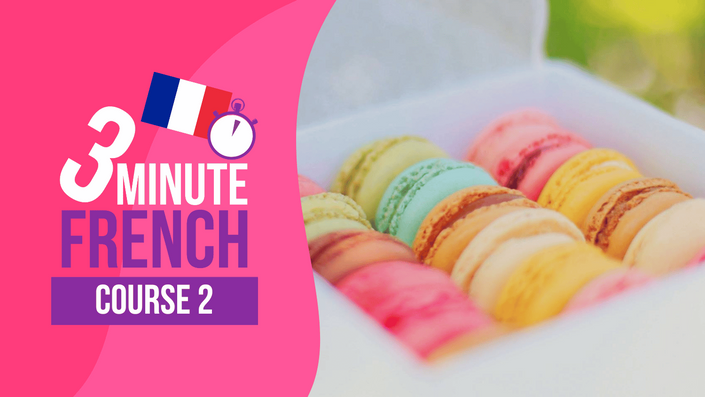
Course 2
Get this course -
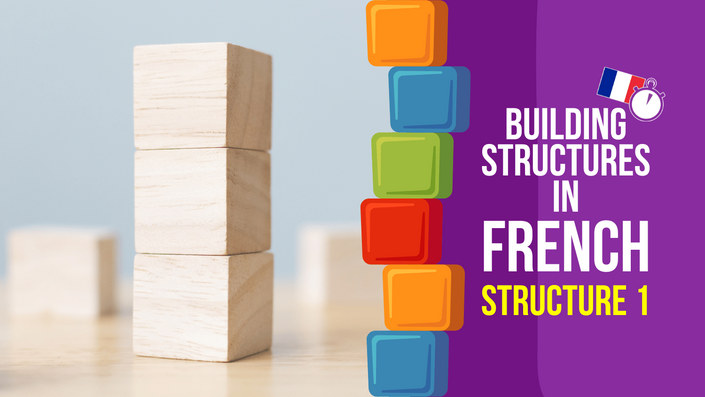
Building Structures
Get this course -
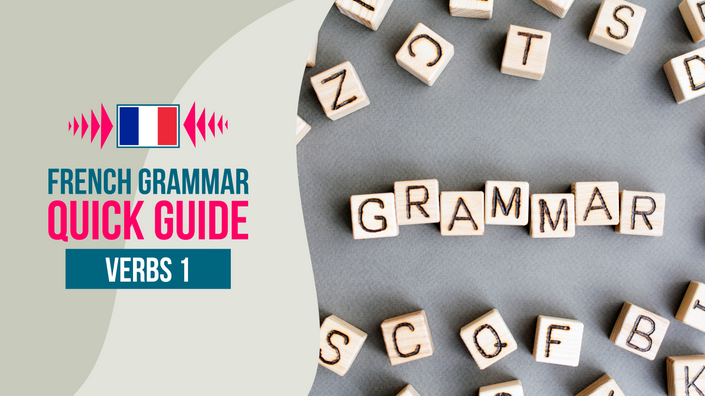
Quick Guide
Get this course
All my French courses

Building Structures in French
Quick Guides
French grammar
Essential French grammar - Future | Conditional | Imperfect
All my Spanish courses
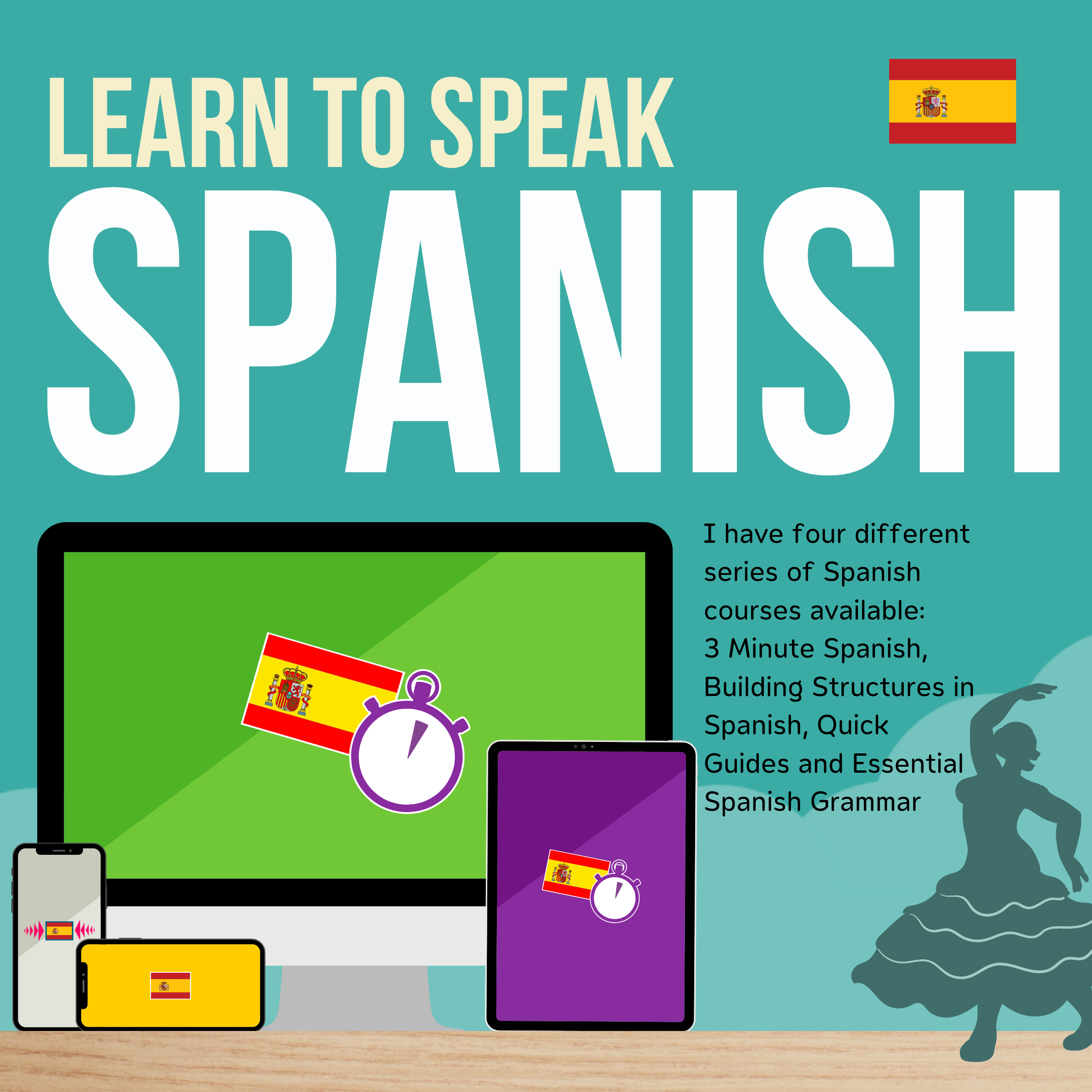
Building Structures in Spanish
Quick Guides
Spanish grammar
Essential French grammar - Future | Conditional | Imperfect
All my German courses

Building Structures in German
Quick Guides
German grammar
Essential French grammar - Future | Conditional | Imperfect
All my Italian courses

Building Structures in Italian
Quick Guides
Italian grammar
Essential French grammar - Future | Conditional | Imperfect
All my Portuguese courses

Building Structures in Portuguese
Quick Guides
Portuguese grammar
Essential French grammar - Future | Conditional | Imperfect
